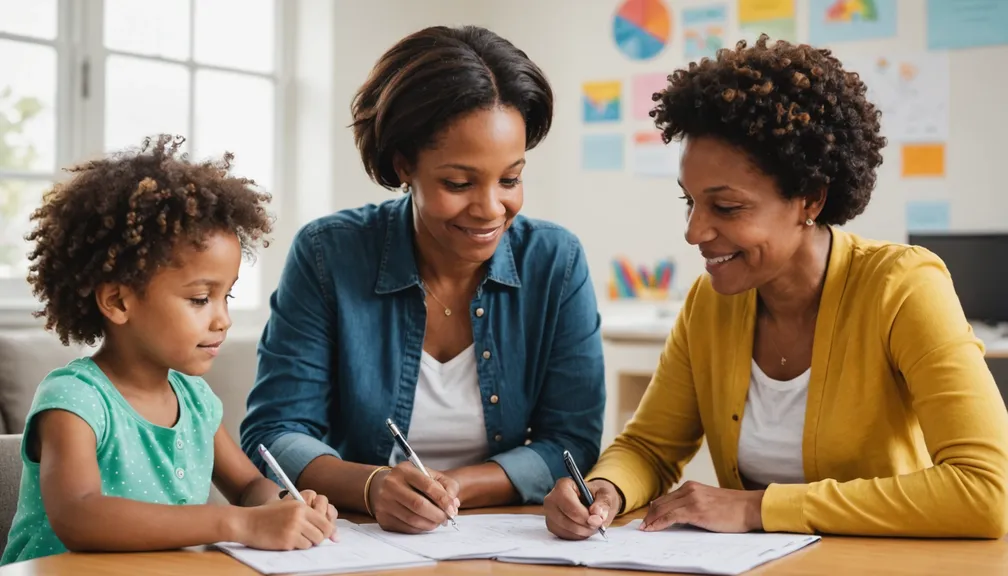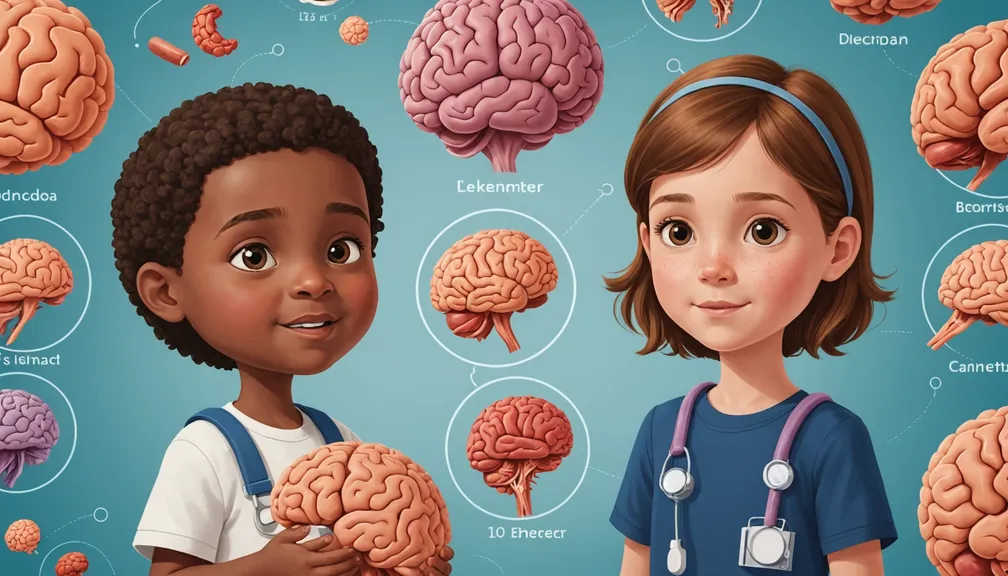Education and Social Life: Balancing Treatment with Normalcy
Navigating pediatric cancer treatment is challenging, especially when it comes to maintaining a sense of normalcy in education and social life. This lesson provides strategies and insights to help young patients and their families balance treatment with school and friendships, ensuring a supportive and fulfilling environment during a difficult time.
Maintaining Education During Treatment
Understanding Your Rights and Resources
- Individualized Education Plans (IEPs):
- Tailored to meet the unique educational needs of children undergoing cancer treatment.
-
Include accommodations such as adjusted schedules, modified assignments, and additional support.
-
504 Plans:
- Provide accommodations to ensure equal access to education.
- May include extra time for tests, permission to record lessons, or access to a quiet place for studying.
Collaborating with Educators
- Communication:
- Maintain open lines of communication with teachers and school administrators.
-
Share information about treatment schedules and anticipated absences.
-
Flexibility:
- Request flexible deadlines and make-up assignments to stay on track academically.
- Utilize online learning resources if attending school in person becomes challenging.
Accessing Educational Support Services
- Tutoring:
- Arrange for tutoring sessions to help catch up on missed content.
-
Many schools offer free or low-cost tutoring services for students in need.
-
Online Learning Platforms:
- Utilize online classes and educational platforms to continue learning from home.
- These resources can help maintain academic progress during intensive treatment periods.
Maintaining Social Connections
Staying Connected with Friends
- Regular Communication:
- Use phone calls, video chats, and social media to stay in touch with friends.
-
Encourage friends to visit when possible, providing opportunities for in-person interaction.
-
Inclusive Activities:
- Participate in social activities that accommodate treatment schedules, such as movie nights or board game sessions at home.
- Engage in hobbies and interests that can be shared with friends, fostering a sense of normalcy.
Building a Supportive Network
- Support Groups:
- Join support groups for children with cancer to connect with peers facing similar challenges.
-
Share experiences, offer mutual support, and build lasting friendships.
-
Family Involvement:
- Encourage family members to participate in social activities, providing emotional support and companionship.
- Involve siblings and extended family in maintaining a loving and inclusive environment.
Balancing Treatment with Daily Life
Creating a Routine
- Structured Schedule:
- Establish a daily routine that includes time for treatment, rest, education, and social activities.
-
Consistency can provide a sense of stability and control during uncertain times.
-
Flexible Adjustments:
- Be prepared to adjust the routine based on treatment demands and the child’s energy levels.
- Incorporate flexibility to accommodate unexpected changes in health or treatment plans.
Managing Fatigue and Stress
- Energy Conservation:
- Prioritize activities and delegate tasks to conserve energy for essential activities and treatment.
-
Encourage regular rest periods to prevent burnout and manage fatigue.
-
Stress-Relief Techniques:
- Introduce relaxation techniques such as deep breathing, meditation, or gentle yoga.
- Engage in creative activities like drawing, writing, or playing music to reduce stress and enhance emotional well-being.
Seeking Professional Support
Healthcare Team for Comprehensive Care
- Oncologists:
-
Specialized doctors who manage cancer treatment plans and monitor progress.
-
Pediatric Nurses:
-
Provide daily care, manage symptoms, and support the child and family through treatment.
-
Social Workers:
-
Assist with emotional support, connect families to resources, and help navigate the challenges of treatment.
-
Educational Consultants:
-
Work with schools to develop and implement educational plans tailored to the child’s needs.
-
Psychologists and Counselors:
-
Offer therapy and coping strategies to help children and families manage the emotional impact of cancer.
-
Occupational and Physical Therapists:
- Help maintain physical function and adapt daily activities to accommodate treatment-related limitations.
Encouraging Positive Coping Strategies
Fostering Resilience
- Positive Reinforcement:
-
Celebrate small achievements and milestones to boost confidence and morale.
-
Goal Setting:
- Set realistic and attainable goals to provide a sense of purpose and direction.
Promoting Emotional Expression
- Open Communication:
-
Encourage children to express their feelings and concerns openly with trusted adults.
-
Creative Outlets:
- Provide opportunities for creative expression through art, music, or writing to process emotions.
Conclusion
Balancing cancer treatment with education and social life is a multifaceted challenge, but with the right strategies and support systems, children can maintain a sense of normalcy and fulfillment. By collaborating with educators, staying connected with friends, establishing routines, seeking professional support, and fostering positive coping mechanisms, young patients and their families can navigate this difficult journey with resilience and hope.






